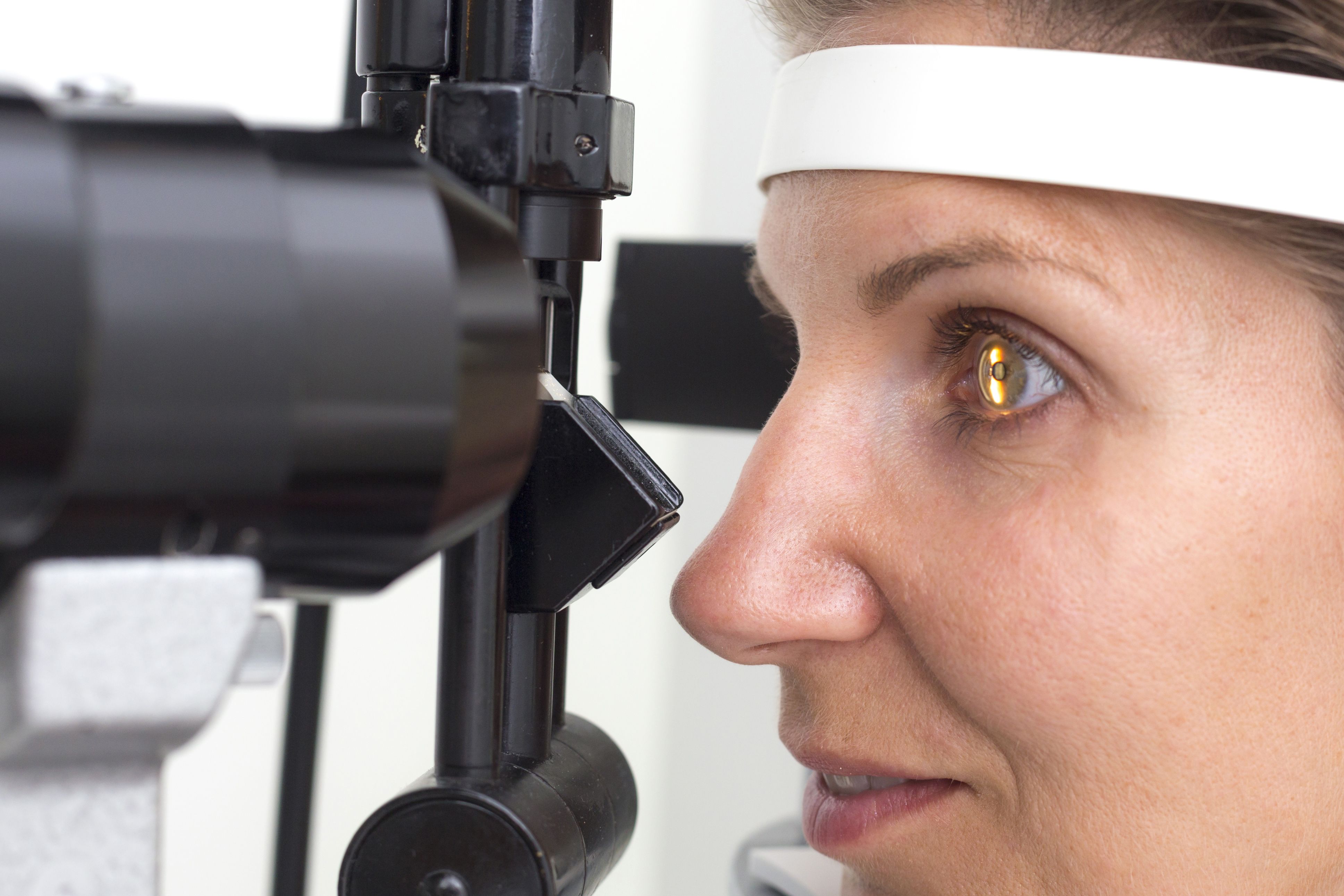Vision Conditions That Affect Peripheral Vision
 At Choate Eye Associates, we provide a full range of treatments for vision conditions of all types, including those that affect peripheral vision. Beginning with a thorough eye exam to diagnose the underlying condition, we are able to treat virtually any eye disorder that compromises a person’s peripheral vision. Furthermore, if we believe that a medical condition is responsible for the change in your peripheral vision, we can communicate with your primary care physician to ensure that you receive the best treatment possible.
At Choate Eye Associates, we provide a full range of treatments for vision conditions of all types, including those that affect peripheral vision. Beginning with a thorough eye exam to diagnose the underlying condition, we are able to treat virtually any eye disorder that compromises a person’s peripheral vision. Furthermore, if we believe that a medical condition is responsible for the change in your peripheral vision, we can communicate with your primary care physician to ensure that you receive the best treatment possible.
We invite you to read about some of the common vision conditions that affect peripheral vision, collected by our Nashville, TN eye care experts. If you are experiencing problems with your peripheral vision, it is important that you schedule a comprehensive eye exam right away. Compromised peripheral vision can be a symptom of a serious eye condition or even of damage to the brain.
To schedule your initial consultation with Dr. Walter Choate, please contact Choate Eye Associates today.
What Is Tunnel Vision?
Tunnel vision refers to the eye condition that occurs when a person’s peripheral vision is lost, either partially or completely. As a result of this vision loss, the visual field is reduced to a circle directly in front of the eyes, as though a person were looking through a tunnel. Peripheral vision is either distorted or lost altogether.
What Are the Most Common Vision Conditions That Affect Peripheral Vision?
The most common vision conditions that affect peripheral vision include:
- Glaucoma: Loss of peripheral vision is commonly a sign of the optic nerve damage associated with glaucoma. This damage is caused by elevated intraocular pressure, leading to a condition called primary open-angle glaucoma. The most notable symptom of primary open-angle glaucoma is loss of peripheral vision, so it is important to seek treatment immediately if you experience this symptom. If left untreated, primary open-angle glaucoma will result in blindness. Although there is no cure for glaucoma, the condition can be managed well if caught in its early stages.
- Retinal damage: If damage is done to the peripheral areas of the retina, loss of peripheral vision can occur. A rare congenital disease called retinitis pigmentosa can start affecting peripheral vision in early childhood and eventually result in blindness. Loss of peripheral vision may also be a sign of a detached retina.
- Eye occlusions: Known informally as “eye strokes,” eye occlusions occur when the normal blood flow to the eye’s internal structures, such as the optic nerve, become blocked. This blockage often results in the loss of peripheral vision.
Loss of peripheral vision can also indicate damage to the brain, such as might be sustained during a stroke of severe loss of blood to the brain. Therefore, it is extremely important to seek treatment immediately if you experience a change in your peripheral vision.
Learn More about Vision Conditions That Affect Peripheral Vision
To learn more about vision conditions that affect peripheral vision, please contact Choate Eye Associates today.



